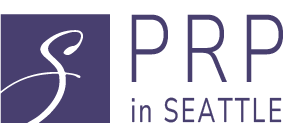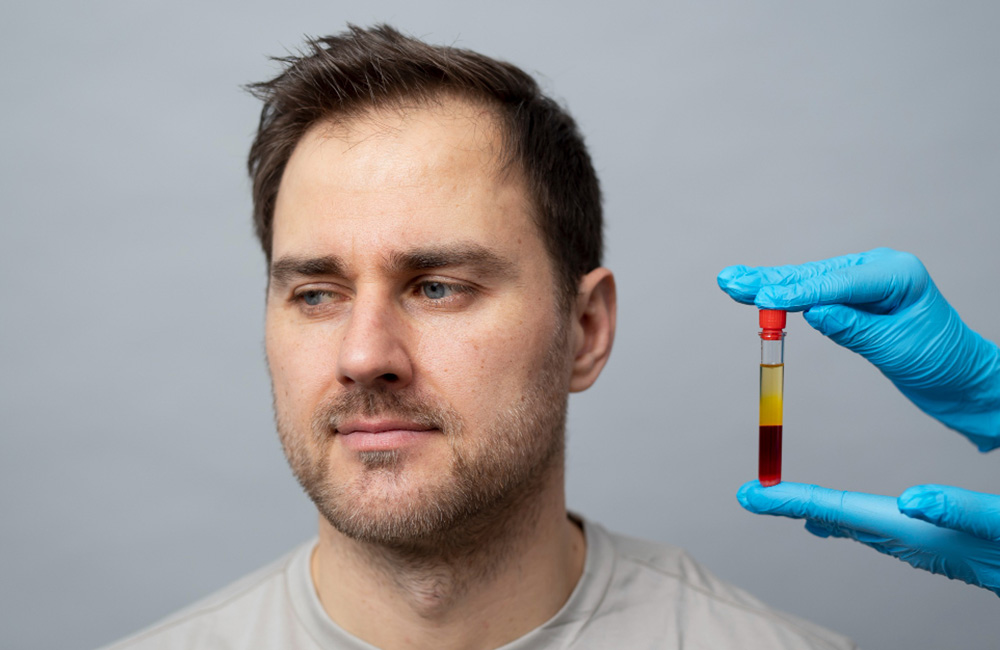Every aspiring esthetician has a wish to do PRP as it is one of the most popular treatments for skin rejuvenation. PRP is not only effective in cosmetic requirements but also proven useful in medical conditions like arthritis and muscle pains. However, the question is whether estheticians can perform PRP or not? What are the qualification requirements and limitations when you are an esthetician and dreaming to perform PRP? Let’s find out.
Understanding PRP Treatments
First and foremost, let’s begin with understanding the PRP therapy. It involves drawing the patient’s blood, processing it to concentrate platelets, and injecting the platelet-rich plasma back into the skin. This process stimulates collagen production, promotes healing, and improves skin texture and elasticity. PRP is widely used for aesthetic purposes, including treating fine lines, wrinkles, scars, and PRP therapy for hair loss.
However, as mentioned above, PRP is considered a medical procedure because it involves invasive steps such as drawing blood and injecting it back into the body. This is a critical distinction that often determines who can legally perform the treatment.
Licensing and Training Requirements
Due to its medical nature, PRP typically requires specialized training and licensing. Medical professionals such as doctors, nurse practitioners, or physician assistants are often the only ones authorized to perform PRP treatments. These professionals have the necessary training to handle blood products, use needles safely, and manage potential complications.
Estheticians, on the other hand, are primarily trained in non-invasive skin care treatments. Their education focuses on services like facials, chemical peels, microdermabrasion, and other surface-level treatments that do not involve penetrating the skin or dealing with blood products. Because of this limited scope of practice, most estheticians are not licensed to perform PRP treatments independently.
Scope of Practice for Estheticians
The scope of practice for estheticians is determined by local regulatory bodies. In many regions, estheticians are not permitted to perform procedures that involve injections or blood handling. These activities are categorized as medical procedures and fall outside their professional purview.
That said, there are scenarios where estheticians may be involved in PRP treatments under the supervision of a licensed medical professional. For instance, they might assist with pre- or post-treatment care, such as preparing the skin for the procedure or applying soothing products afterward. However, the actual blood-drawing and injection process must typically be carried out by a medical professional.
Local Regulations and Variations
It’s important to note that regulations governing estheticians’ roles vary by country, state, or region. Some jurisdictions may allow estheticians to perform advanced procedures if they obtain additional certifications or work under the direct supervision of a licensed healthcare provider. Others may strictly prohibit any involvement in medical treatments.
For example, in states like California and Texas, estheticians are prohibited from performing injections or handling blood products. However, medical estheticians—those who have additional training and work in medical settings—may have a slightly expanded scope of practice, depending on local laws.
Ensuring Safety and Compliance
If you’re considering PRP therapy, it’s essential to ensure that the procedure is performed by a qualified professional. PRP involves specific medical risks, including infection, improper handling of blood, and complications from injections. A trained and licensed practitioner will have the expertise to minimize these risks and deliver effective results.
Final Thought
In conclusion, while estheticians play a valuable role in skin care and aesthetic treatments, their scope of practice generally does not include platelet-rich plasma (prp) therapy. This is because PRP is a medical procedure requiring specialized training and licensing. Always check local regulations and seek treatment from a licensed medical professional to ensure safety and efficacy.


